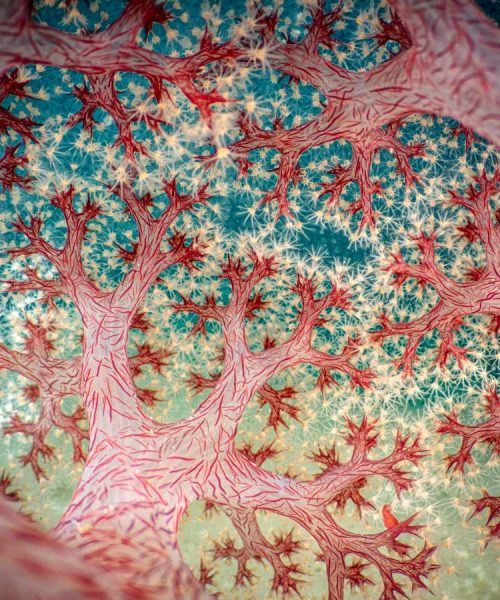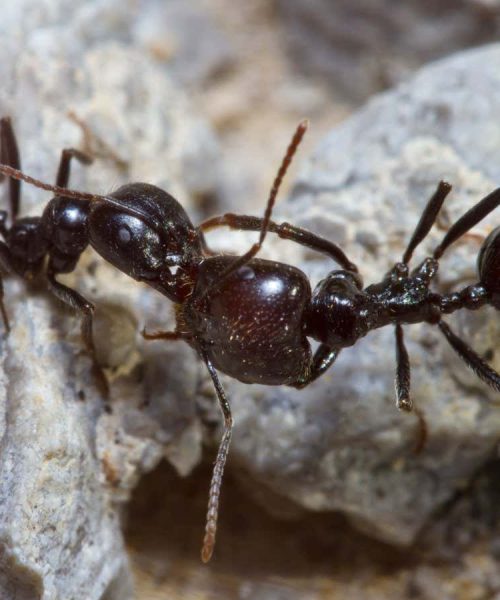
About a quarter of Labradors have a hunger-inducing mutation in the POMC gene
Charles Mann/Getty images
Two dog breeds, Labradors and flat-coated retrievers, may be prone to becoming overweight because they have a mutation that both makes them hungrier between meals and lowers their metabolic rate. “It’s a double whammy,” says Eleanor Raffan at the University of Cambridge.
The mutation, which affects a gene called POMC, affects about a quarter of Labradors and two thirds of flat-coated retrievers, but no other dog breeds.
Advertisement
It was discovered in 2016, when it was found to change a pathway in the brain linked with body weight regulation, although exactly how it affected eating habits was unclear.
To find out, Raffan’s team gave 87 pet Labradors a “sausage in a box” test, where the dog could see and smell a sausage encased in an impenetrable container. Labradors with one copy of the mutation persisted at trying to open the box for much longer than dogs without it.
But in a different test, where they were given a can of dog food every 20 minutes until they stopped eating, they all ate similar large amounts of food, whether or not they had the gene variant. This shows that the mutation affects appetite in a specific way by raising hunger levels between meals, says Raffan.
The team also measured the resting metabolic rate of flat-coated retrievers when they were asleep and found that those with two copies of the mutation had a metabolic rate about a quarter lower than that of other dogs.
The effects are expected to be the same in either breed, says Raffan, but in the second experiment, they wanted to look at dogs with two copies of the mutation, which flat-coated retrievers are more likely to have than Labradors.
Many other genes probably affect body weight in dogs, as they do in people, says Raffan.
Dan O’Neill at the UK’s Royal Veterinary College says owners with overweight dogs should try to avoid giving treats as a way of showing affection and could instead give their dogs other forms of attention. “You could replace that treat with a walk,” he says.
Topics:





